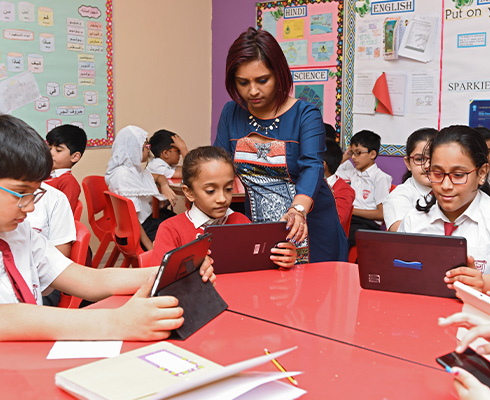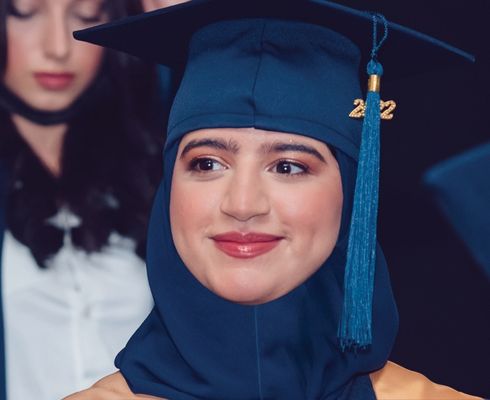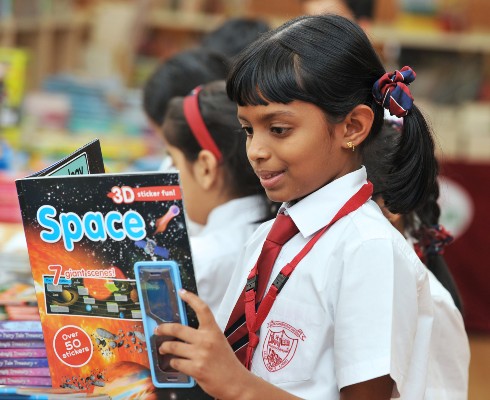
Vision and Mission
Vision
We will be the pre-eminent intellectual, creative school where research and design transforms and drives learning and teaching to address issues of urbanization, technological change, economic empowerment, sustainability and globalization, through effective engagement while employing better communication and organized systems to meet social needs.
Mission
The GEMS Legacy School prepares students to become leaders by helping them to contribute and succeed in a continuously evolving global arena, thereby ensuring that tomorrow’s world is a better and more just place. We help students build the skills and competencies for success and leadership in the emerging creative economy. We motivate students to apply their practical and theoretical knowledge to improve conditions for local and global communities. At GEMS Legacy School, we promote Academic Rigor, Philanthropy as well as Innovation and the school tagline ‘A Legacy of Empathy, Resilience, Leadership and Sustainable Living’ reflects the ethos and culture of the school.
Our vision, values and mission align themselves with the shifts in the global economy, society and environment. We desire to change the status quo through creativity and innovation – both in what and how we teach and in the intellectual ambitions of the school itself. We aim to orient our students’ academic experiences to become critically engaged citizens dedicated to solving problems and contributing to the welfare of the public.
The GEMS Legacy School will embrace these principles and innovate to address shifts in the global economy, society and environment that require individuals to grapple with complex problems, pursue more fluid and flexible career pathways and collaboratively create change.
Our Educational Approach
We will fulfil our mission by extending our legacy as a non-traditional school, nimble and responsive to change that
- Focuses on and engages critically with contemporary issues.
- Prioritizes humanity and culture in designing systems and environments to improve the human condition, an approach that draws from design thinking and the liberal, creative and performing arts.
- Places collaborative, problem-based learning at the centre of the educational experience.








